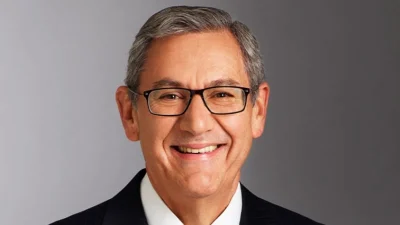Members win out in Cbus/CONNECT merger



A merger between Cbus and CONNECT not only proceeded quickly and smoothly but also generated better insurance returns for all members, according to Sean Leonard, executive manager of fund integration and product strategy at Cbus and the former chief executive of CONNECT.
Insurance presents great variation in policy terms and conditions between funds and making sure no members are left behind is an important process in a merger such as this, he said.
Both memberships have benefitted through improved terms and conditions through the negotiation in the Cbus policy with Hannover. CONNECT had previously been insured with ING, (now OnePath).
For example, several wordings were improved, several new features were included and there were significant changes to default covers and levels of insurance, including an increase in the default cover of a special division for electrical contractors called electech from $50,000 to $100,000, Leonard said.
From an investment perspective, Cbus maintained exposure to roughly 12 of 22 investment managers post merger, in some cases due to manager overlap or because CONNECT had some investments in private equity and infrastructure where there was a long lock-in period. Cbus redeemed investments in equity managers where they varied from Cbus managers, but maintained emerging markets exposure through Genesis.
Cbus retained Frontier as an asset consultant whereas CONNECT previously used Jana.
The funds shared a custodian in National Asset Servicing, which Leonard said was fortuitous.
From a staffing perspective, all CONNECT staff were offered and then took up roles in the merged fund, and Leonard said overall the merger was done with a very collaborative and co-operative approach.
One of the bigger tasks in the merger was a full data and record change from AAF, which looked after CONNECT, to Super Partners, he said. The fund was still going through the task of identifying duplicate accounts left over from the merger and consolidating those, and aside from that there were only a few small machinery matters left to deal with, Leonard said.
Recommended for you
The two funds have announced the signing of a non-binding MOU to explore a potential merger.
The board must shift its focus from managing inflation to stimulating the economy with the trimmed mean inflation figure edging closer to the 2.5 per cent target, economists have said.
ASIC chair Joe Longo says superannuation trustees must do more to protect members from misconduct and high-risk schemes.
Super fund mergers are rising, but poor planning during successor fund transfers has left members and employers exposed to serious risks.











